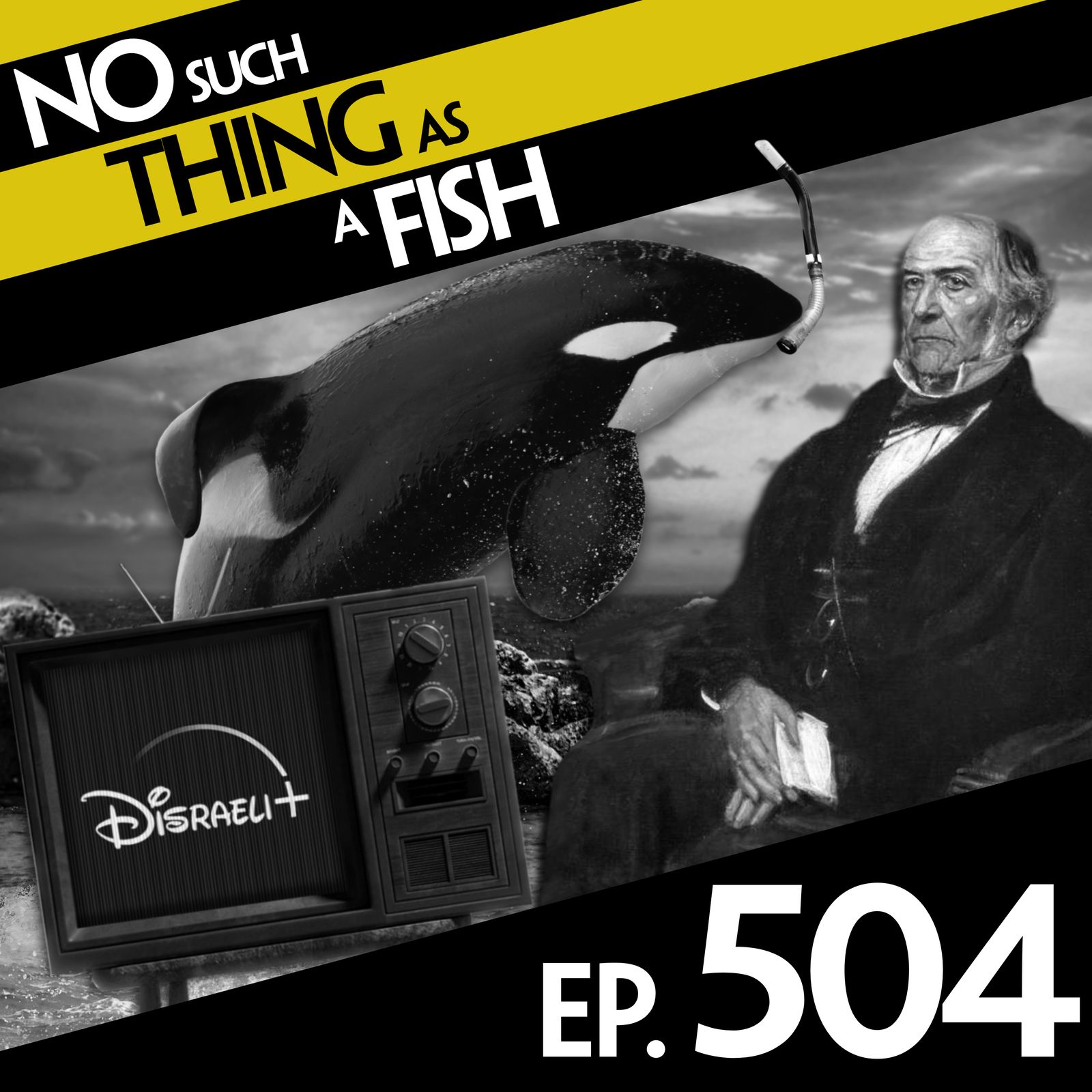504: No Such Thing As Captive Willy
Dan, James, Anna and Andrew discuss bingeing, beeping, recording and re-introducing.
Visit nosuchthingasafish.com for news about live shows, merchandise and more episodes.
Join Club Fish for ad-free episodes and exclusive bonus content at apple.co/nosuchthingasafish or nosuchthingasafish.com/patreon
Visit nosuchthingasafish.com for news about live shows, merchandise and more episodes.
Join Club Fish for ad-free episodes and exclusive bonus content at apple.co/nosuchthingasafish or nosuchthingasafish.com/patreon
Press play and read along
Transcript
Transcript is processing—check back soon.
No Such Thing As A Fish — 504: No Such Thing As Captive Willy





